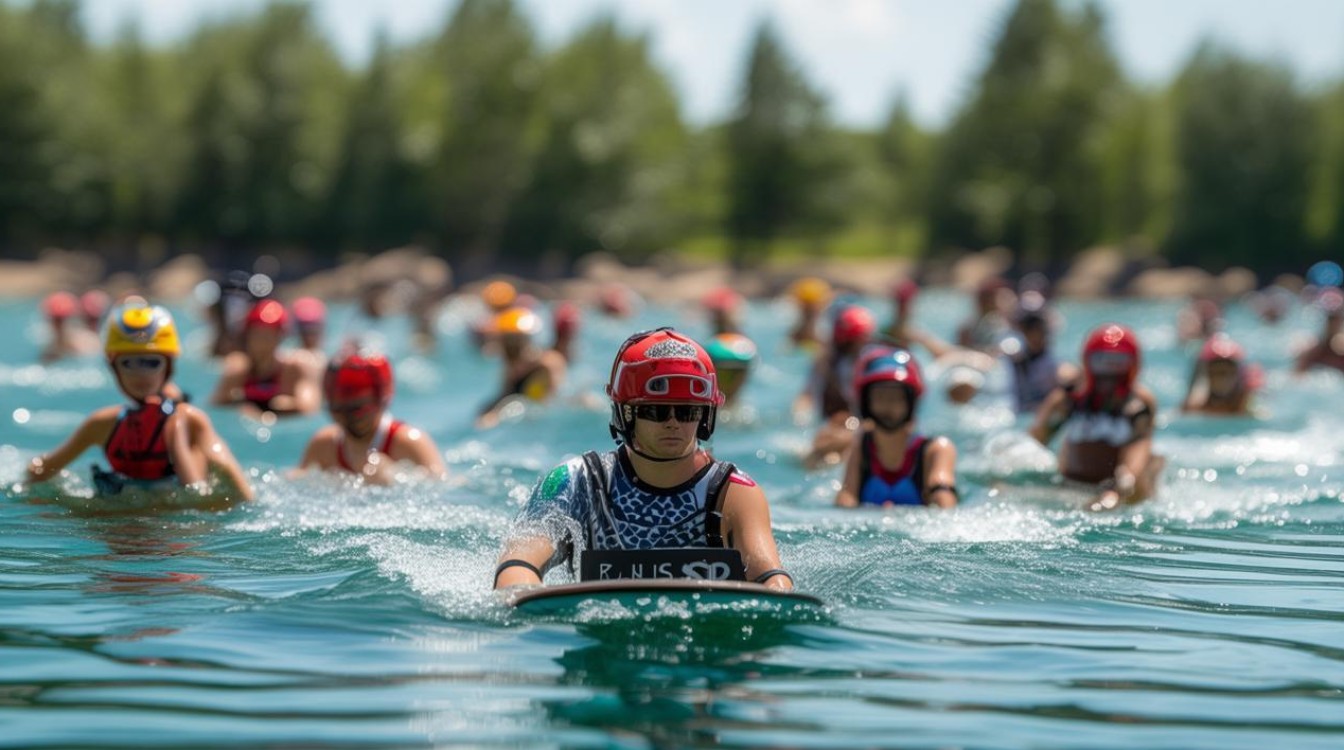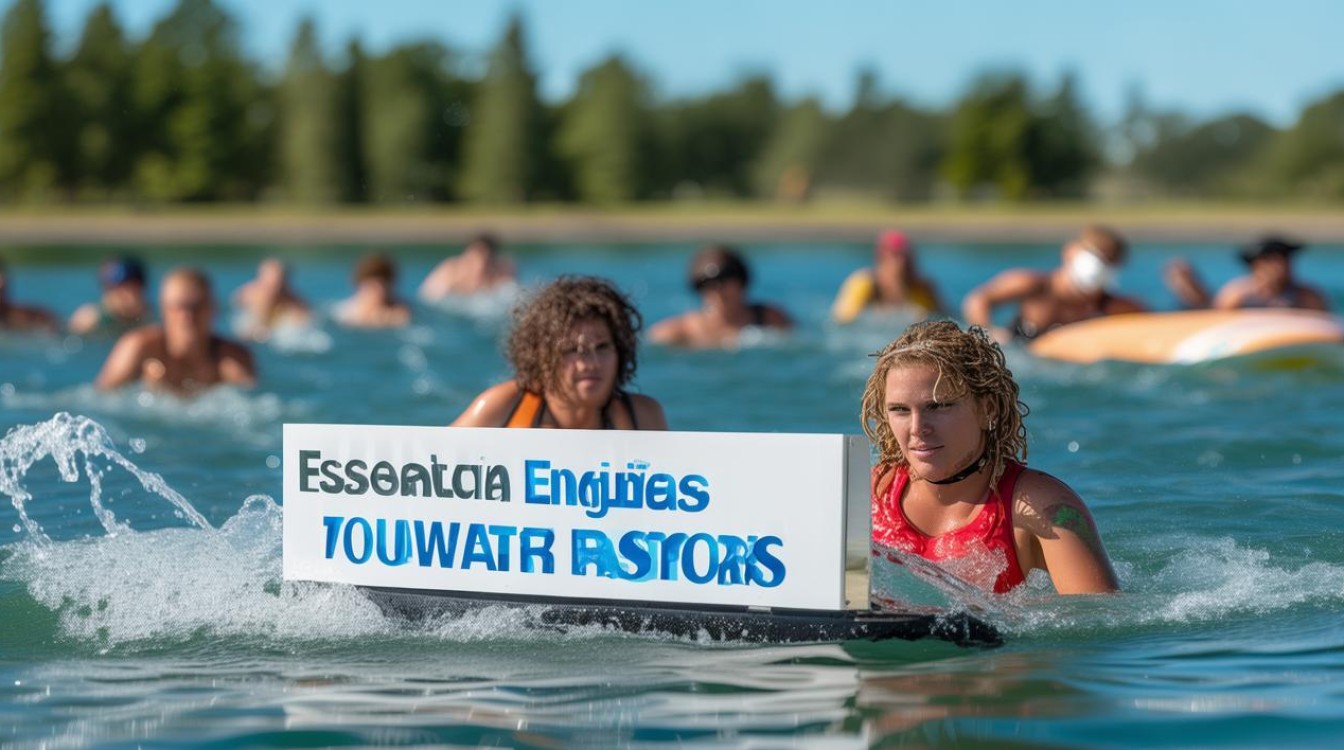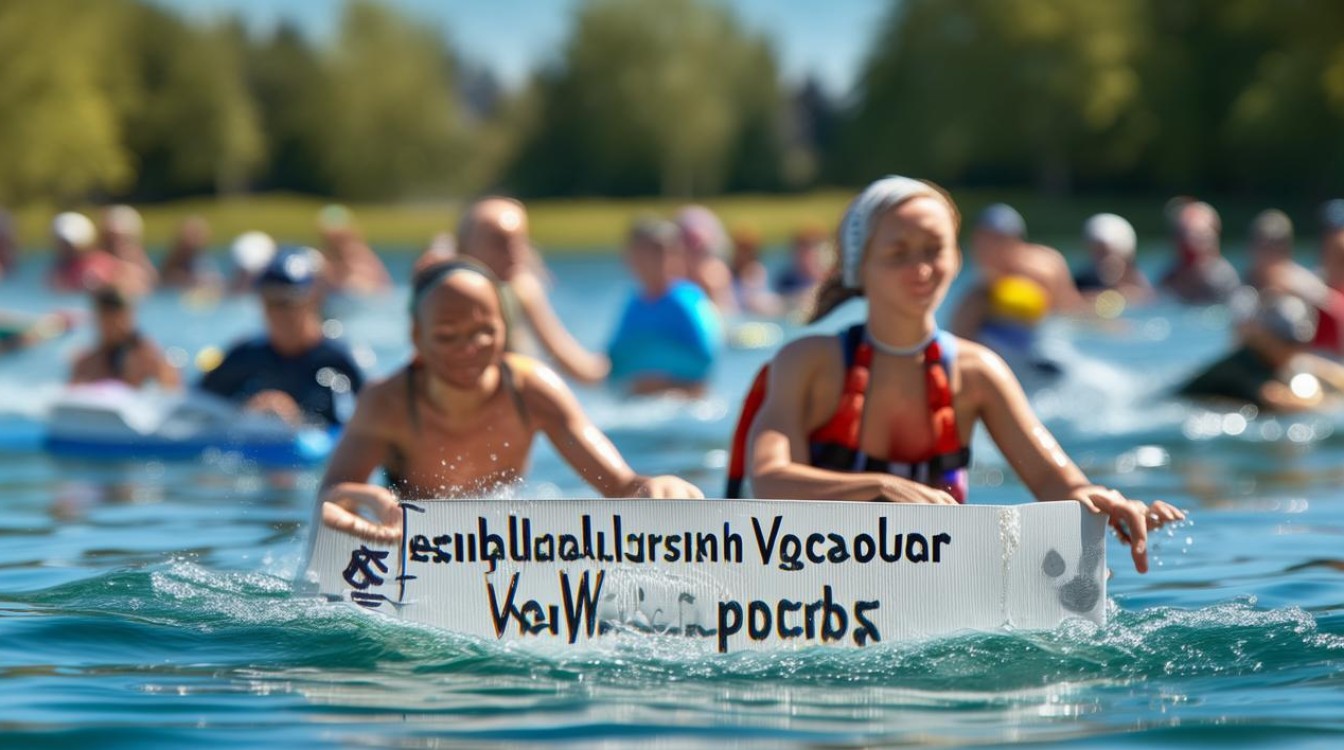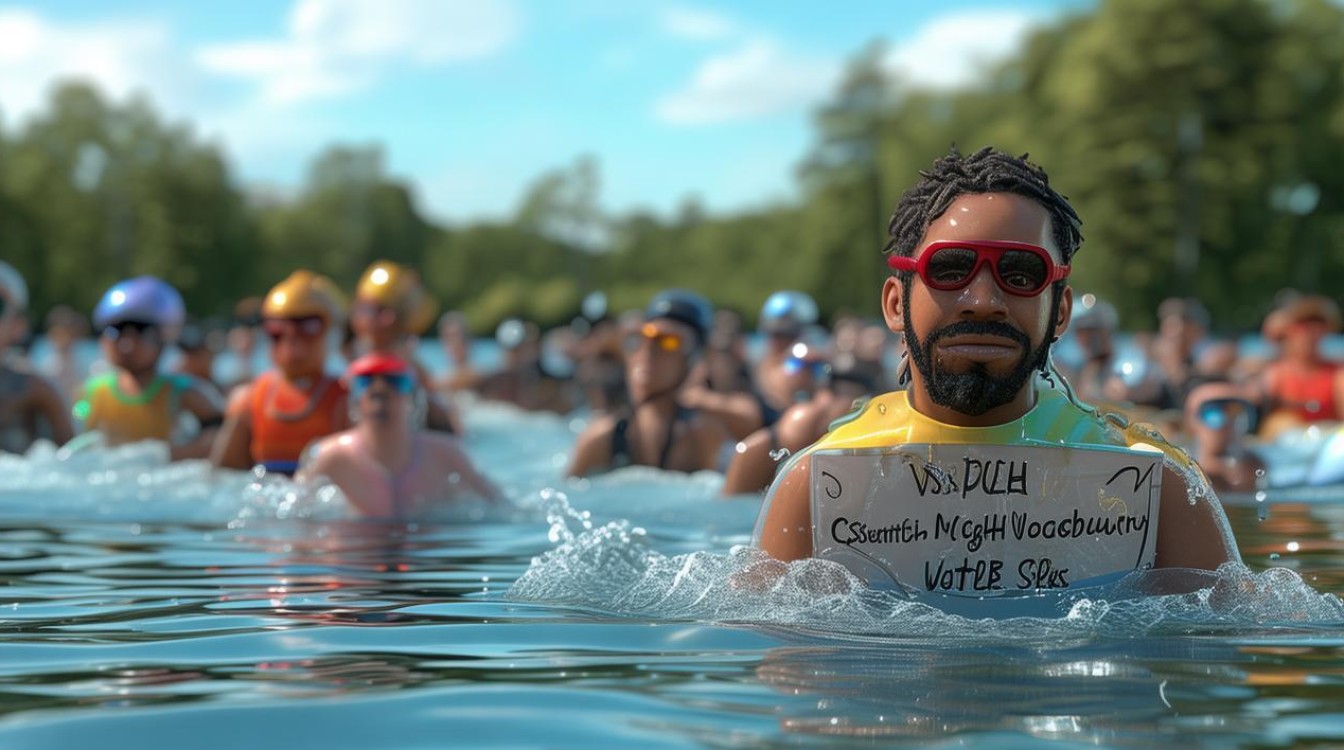Water sports offer thrilling experiences, whether you're surfing ocean waves, kayaking down a river, or diving into coral reefs. For enthusiasts and beginners alike, mastering key English terms enhances safety, communication, and enjoyment. Here’s a curated list of essential vocabulary across popular water activities.

General Water Sports Terms
Understanding foundational words ensures clarity in any aquatic setting:
- Buoy: A floating marker for navigation or safety.
- Current: The directional flow of water (e.g., strong current).
- Life Jacket (PFD): Personal flotation device for safety.
- Tide: Periodic rise/fall of sea levels.
- Dock: A platform for boarding boats.
Pro tip: Phrases like "Check the tide chart" or "Secure your PFD" are practical for group outings.
Surfing Vocabulary
Surfing blends athleticism and ocean knowledge. Key terms include:
- Break: Where waves crash, ideal for surfing.
- Barrel: The hollow part of a breaking wave.
- Leash: Cord attaching the surfboard to the rider.
- Wetsuit: Insulated suit for cold water.
- Swell: Ocean waves generated by distant winds.
Example: "The offshore swell is perfect for barrel rides today."
Scuba Diving & Snorkeling Terms
Exploring underwater worlds requires precise language:

- BCD (Buoyancy Control Device): Adjusts diver’s buoyancy.
- Regulator: Device delivering air from the tank.
- Fins: Footgear for efficient swimming.
- Coral Reef: Marine ecosystem built by coral polyps.
- Decompression Stop: Pause to avoid nitrogen buildup.
Safety note: Always confirm your buddy’s air supply and depth gauge.
Kayaking & Canoeing Lingo
Paddling sports rely on teamwork and technique:
- Paddle: Tool for propelling the kayak/canoe.
- Rapid: Fast-moving, turbulent water section.
- Portage: Carrying the boat over land.
- Eddy: Calm water behind an obstacle.
- Spray Skirt: Prevents water from entering the cockpit.
For beginners: "Use a forward stroke to maintain speed in flatwater."
Sailing Terminology
Sailing combines wind power and nautical expertise:
- Mast: Tall pole supporting sails.
- Tiller: Lever for steering.
- Jib: Smaller front sail.
- Knot: Speed unit (1 knot = 1.15 mph).
- Starboard: Right side of the boat (facing forward).
Command example: "Ready to tack—switch sides when the boom crosses!"

Safety and Emergency Phrases
Critical for all water activities:
- Man Overboard (MOB): Emergency call for a fallen person.
- Mayday: Distress signal for life-threatening situations.
- Hypothermia: Dangerously low body temperature.
- First Aid Kit: Essential for minor injuries.
Always rehearse emergency protocols before departure.
Competitive Water Sports Jargon
For those in races or tournaments:
- Heat: Preliminary competition round.
- Buoy Turn: Navigating around a marker.
- Penalty: Rule violation consequence.
- Podium: Top-three finishers’ honor.
Athletes might say: "I clipped the buoy and got a 10-second penalty."
Environmental Terms
Protecting aquatic ecosystems matters:

- Marine Debris: Human-made ocean waste.
- Sustainable Fishing: Eco-friendly catch practices.
- Coral Bleaching: Stress-induced coral whitening.
- No-Wake Zone: Area requiring slow boat speeds.
Advocacy tip: "Report marine debris to local conservation groups."
Learning these terms bridges language gaps and fosters safer, richer experiences. Whether chatting with instructors or reading weather reports, precise vocabulary empowers every water adventurer.
For deeper dives into specific sports, consider certified training programs—they’re invaluable for fluency and skill-building.


